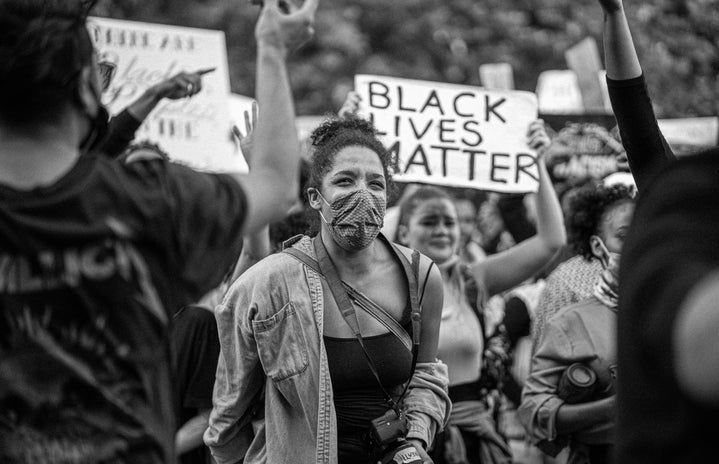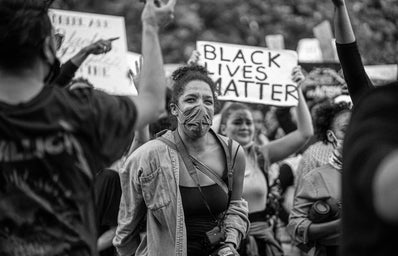I never realized just how woefully undereducated I was about the accomplishments of people of color until I took it upon myself to learn and do my own research. The main Black women I remember learning about in school were Rosa Parks and Harriet Tubman; our curriculum did not go beyond that. The sad part is, I’m not the only one who lacks knowledge about revolutionary Black women, and Black history in general. In fact, “a 2016 survey conducted by the Smithsonian National Museum of African American History and Culture estimated that less than 10% of total class time is devoted to teaching African American history.” I now understand just how white-washed history classes are – their pattern of glorifying white historical figures is widespread.
In honor of Black History Month, I have compiled a list of Black women I wish I learned about in school.
Daisy Bates
Daisy started The Arkansas Weekly, which was one of the only African American newspapers solely dedicated to the Civil Rights Movement. She organized the Little Rock Nine, selecting nine students to be integrated into the all-white school. She personally would drive them to school and protect them from the violent crowds.
Amelia Boynton Robinson
Boynton held African American voter registration drives in Selma from the 1930s through the 1950s. In 1964, Boynton ran on the Democratic ticket for a seat in Congress from Alabama — becoming the first African American woman to do so, as well as the first woman to run as a Democratic candidate for Congress in Alabama. In 1965, Boynton and Dr. King worked together to plan the Selma to Montgomery March, which became known as Bloody Sunday. Boynton and others were brutally beaten, prompting President Lyndon B. Johnson to sign the Voting Rights Act.
Marsha P. Johnson
Marsha was a Black queer activist who helped lead the Stonewall Riots for gay rights. The “P” stood for “pay it no mind,” which was her response when asked about her gender.
Mary Mahoney
Mahoney is known for being the first Black licensed nurse in the United States. Of the 42 people who entered one of the first nursing schools, only 4 graduated, one of them being Mahoney. In 1908, she co-founded the National Association of Colored Graduate Nurses (NACGN). When the 19th amendment was ratified, she was among the first women to vote.
Claudette Colvin
Before Rosa Parks, Claudette, at the age of 15, was actually the first Black woman to refuse to get up and move to the back of the bus for a white person, and sadly she is hardly talked about. She was one of four women plaintiffs in Browder v. Gayle, the court case that successfully overturned bus segregation laws in Montgomery and the larger Alabama.
Shirley Chisholm
She was the first Black woman elected to the U.S. Congress. She was also the first Black candidate to run for the Democratic Party’s presidential nomination.
Madam C.J. Walker
Walker was the first self-made female millionaire in the United States. She started the Madam C. J. Walker Manufacturing Company, which developed a line of cosmetics and hair care products for Black women.
Hazel Scott
Scott was the first Black woman to host her own television show. She was a very gifted child, receiving a scholarship to Juilliard School of Music at the age of 8, when you had to be 16 to apply. She broke barriers for Black women in the entertainment industry, as she refused to play for segregated audiences and demanded equal pay.
Wangari Maathai
Maathai was the first African woman to win the Nobel Prize and the first woman in East and Central Africa to earn a PhD. She started the Green Belt Movement in 1977, which focused on planting trees, environmental conservation, and women’s rights.
Katherine Johnson
Katherine helped launch the first use of digital computers at NASA, as well as played a crucial role in sending a person around the earth three times. She aided in calculating the Apollo II flight to the moon. She paved the way for Black women in STEM, and rightfully received the Presidential Medal of Freedom in 2015.
My small summaries do not do each of these women justice, so I encourage you to do your own individual research. I wish I could include even more remarkable women on this list; they changed history for the better. Real progress cannot be made until the curriculum is corrected and children learn the importance of Black contributions in our history.


